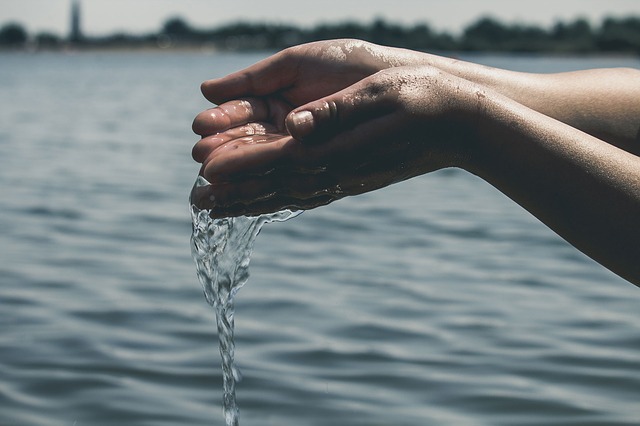WHO, UNICEF, and the World Bank say that governments need to do more to provide universal access to safe drinking water by 2030.
- October 25, 2022
- Posted by: Sinead Sprigg
- Category: Global, Investment and Finance, Reports, Water Issues

The State of the World’s Drinking Water report is a comprehensive survey of the links between water, health and development, with actionable recommendations.
The report notes that over 2 billion people have gained access to safe drinking water in the past two decades, and that this progress, while positive, is fragile and inequitable with one-quarter of the world’s population left behind.
Climate change is increasing the frequency and intensity of droughts and floods, which exacerbate water insecurity, disrupt supplies, and devastate communities. Urbanization is increasing the strain on cities’ capacity to deliver water to the millions of people living in in-formal communities and slums.
The report calls on governments and development partners to dramatically increase investment to extend access to safely managed drinking water services to all by 2030, beginning with the most vulnerable.
“Providing greater access to safe drinking water has saved many lives, most of them children. But climate change is eating into those achievements,” said Dr Maria Neira, WHO Director, Department of Environment, Climate Change and Health. “We have to accelerate our efforts to ensure every person has reliable access to safe drinking water something that is a human right, not a luxury.”
“Investing in water and sanitation is critical to health, economic growth and the environment. Healthier children become healthier adults who then contribute more to the economy and society”, said Saroj Kumar Jha, Director, Global Director, World Bank Group’s Water Global Practice. “This principle is at the core of the World Bank’s Human Capital Project. Governments and private sector must take critical action now to accelerate inclusive and sustainable water supply and sanitation services in both urban and rural areas.”
Key recommendations include:
- Strengthen existing institutions by filling gaps, facilitating coordination, establishing a regulatory environment supported by legislation and standards for service quality, and ensuring enforcement.
- Increase funding from all sources dramatically, with water service providers improving efficiency and performance, and governments providing a stable and transparent administrative, regulatory and policy environment.
- Build capacity within the water sector by developing a capable and motivated workforce through a range of capacity-development approaches based on innovation and collaboration.
- Ensure relevant data and information are available to better understand inequalities in drinking water services and make evidence-based decisions.
- Encourage innovation and experimentation through supportive government policy and regulation, accompanied by rigorous monitoring and evaluation.
“No child should be faced with the choice of drinking dirty water – a leading killer of children – or making dangerous journeys to collect water and missing out on school,” said Aidan Cronin, UNICEF Interim Director of Water, Sanitation, and Hygiene (WASH) and Climate, Environment, Energy, and Disaster Risk Reduction (CEED). “Accessible and reliable safe drinking water is fundamental to ensuring children are healthy, educated, and thriving.”
